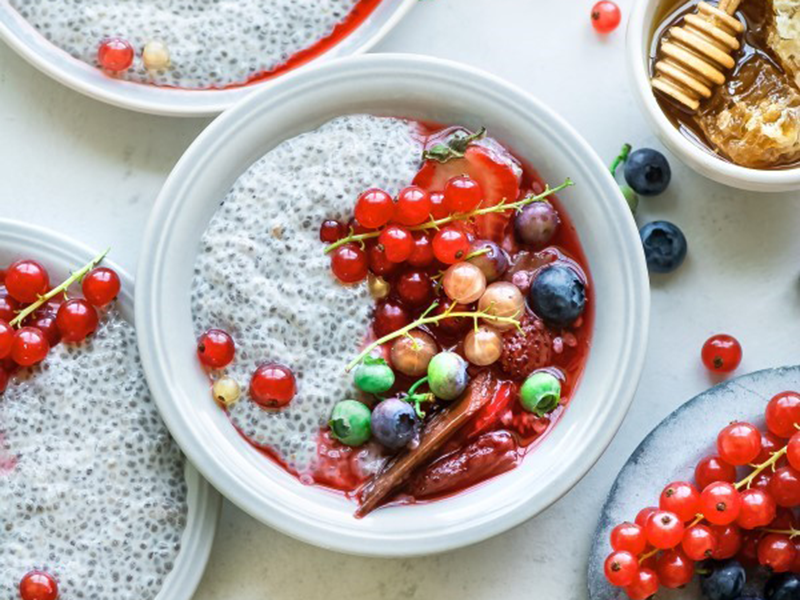
Are you thinking about how to feed your family as the transition from vacation mode to classrooms and offices begins? Learn about why and how whole unprocessed foods nourish and support brain health, mood, and energy levels for the whole family.
Nourish the Brain and Support Learning
How can you set your family up for days filled with energy and resilience in the face of the stress and excitement of new beginnings? What foods nourish the brain and support learning? Get your child started on the path to wellness as you learn together!
To begin, greet the day with a blood sugar balancing breakfast. Filling up on health promoting protein and fats, with the addition of antioxidant rich fruits and vegetables, plus whole grains, will help stabilize energy levels and mood throughout the day.
Help Concentration and Focus
Protein and fats eaten with carbohydrates are metabolized more slowly, so will keep us satiated and stable longer. This will help with concentration and focus. Add protein and fat sources to your whole grain toast or other high carbohydrate breakfasts.[DF1]
Reduce the sugar and add whole fruits and nuts or seeds to your oatmeal. To save time, make overnight oats or chia puddings.
Good Protein Sources:
- Pasture raised eggs
- Bone broths
- Whey protein smoothies
- Grass fed kefir or yogurt, unsweetened
Nourishing Fats to Add:
- Avocados
- Nuts and seeds
- Extra virgin olive oil
- Grass fed butter
Foods with omega 3 fatty acids are especially potent brain boosters. 60% of the brain is made of fat, (you could say we have fat brains!). The brain relies on essential fatty acids (EFAs) for optimal function. Without enough of the right kinds of fats, the neural connections don’t fire as efficiently. This impacts mood and mental acuity.
Examples of Foods with EFAs:
- Wild caught salmon
- Sardines
- Herring
- Chia seeds
- Walnuts
Foods with fiber help slow the digestion of sugars, thus balancing blood glucose and keeping us feeling full longer
Examples of High Fiber Foods:
- Whole grains like brown rice, quinoa
- Leafy greens, cruciferous vegetables, carrots, sweet potatoes, mushrooms
- Legumes and beans
- Berries, melon, other seasonal fruit
Staying hydrated can improve cognition. Our bodies are mostly water, and dehydration can impact all bodily functions including mental clarity.
Drink:
- Purified water
- Green tea
- Herbal teas
- Bone broths
- Fresh squeezed vegetable juices
Simple Recipes Kids Can Help With:
- Overnight oats with protein and fruit added
- Chia pudding with fruit
- Smoothies
- Nut butter and whole grain balls or bars
Lunchbox Ideas:
- Fresh cut veggies
- Seasonal fruit
- Hummus
- Sprouted seeds
- Hard boiled eggs
- Whole grain sourdough sandwiches with unprocessed meats, nut butters
- Leftover chicken, beef, beans, whole grains, cooked vegetables
- Thermos of soup
Some Time-Saving Ideas:
- Batch cook on weekends with kids
- Have them help prepare and choose
- Choose food for the next day the night before as part of bedtime of after dinner ritual
- Make homemade nutrition bars or balls for snacks
- Fill a water bottle with their name the night before for them to grab and go
Here’s a recipe you can make together. Cooking together fosters connection, joy, and builds good habits.
Strawberry Chia Overnight Oats

INGREDIENTS
- ½ cup gluten free rolled oats (I like One Degree organic sprouted rolled oats)
- ¼ cup whole milk yogurt from grass fed cows, or non-dairy yogurt
- 1 teaspoon pure maple syrup
- ¼ teaspoon vanilla extract
- 1 ½ teaspoons chia seeds
- ½ cup milk of your choice
- ¼ cup sliced strawberries (or other seasonal fruit)
INSTRUCTIONS
- Place all ingredients except fresh strawberries or other fruit in a wide-mouthed mason jar or bowl. Cover and shake, or blend in a blender jar.
- Refrigerate overnight.
- In the morning, stir and top with fresh fruit
- Enjoy!
Have Work You Love
Get the details on how to become a Holistic Chef or Nutrition Consultant through Bauman College’s ONLINE programs! Contact us to connect with an Admissions Representative today.